There is ample evidence that current public education institutions, as designed, are producing predictable inequitable outcomes.
Some people (including some educators) will pivot and blame families, society, or the students themselves, but the reality is that the charge of the public school is in a certain sense to disregard the external. We are to welcome each child, see them for who they are, and craft a path toward educational attainment (presently measured by assessment scores and diploma achievement). We don’t get a “pass,” and nor should we, if the child’s external life throws down obstacles to this forward movement.
There are several entry points to the examination of equity in education: some look at teacher behavior (does the adult express implicit bias toward specific children in offering opportunity, praise, or punishment), some look at curriculum (does the subject matter represent multiple perspectives and reveal diverse experiences), and some look at systems (do policies result in disparate treatment or disparate outcome, predictable by demographic).
All are necessary angles for examining whether we are serving all kids equitably. However, as a classroom teacher myself, and as someone who cares intensely about eliminating the inequities perpetuated by the system I am complicit in, I am noticing a serious problem. It is the same problem that consistently gets in the way of every single effort to move and improve what school systems do.
Continue reading
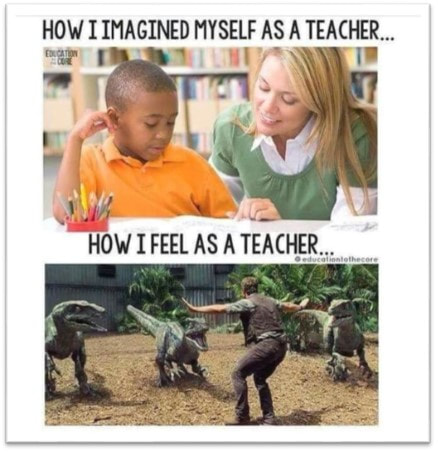
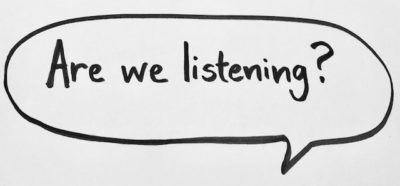
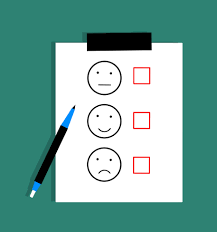
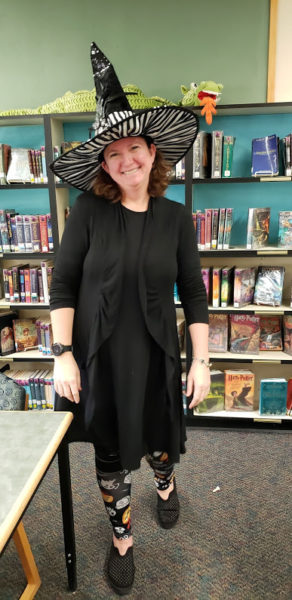
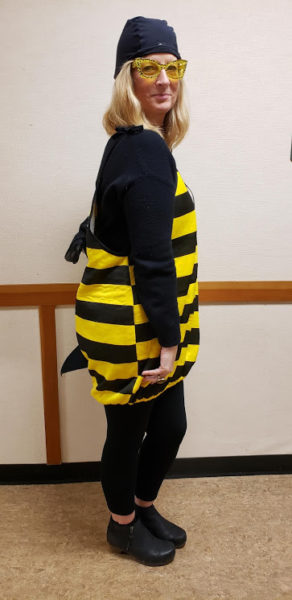
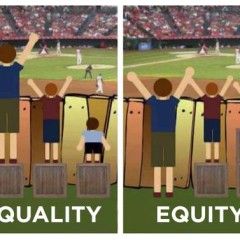
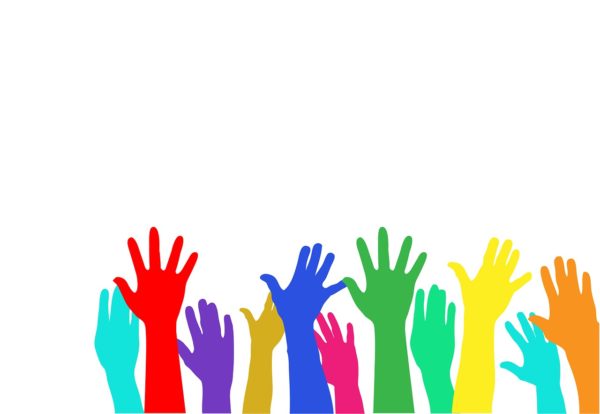

 On May 9th, Governor Inslee signed a
On May 9th, Governor Inslee signed a